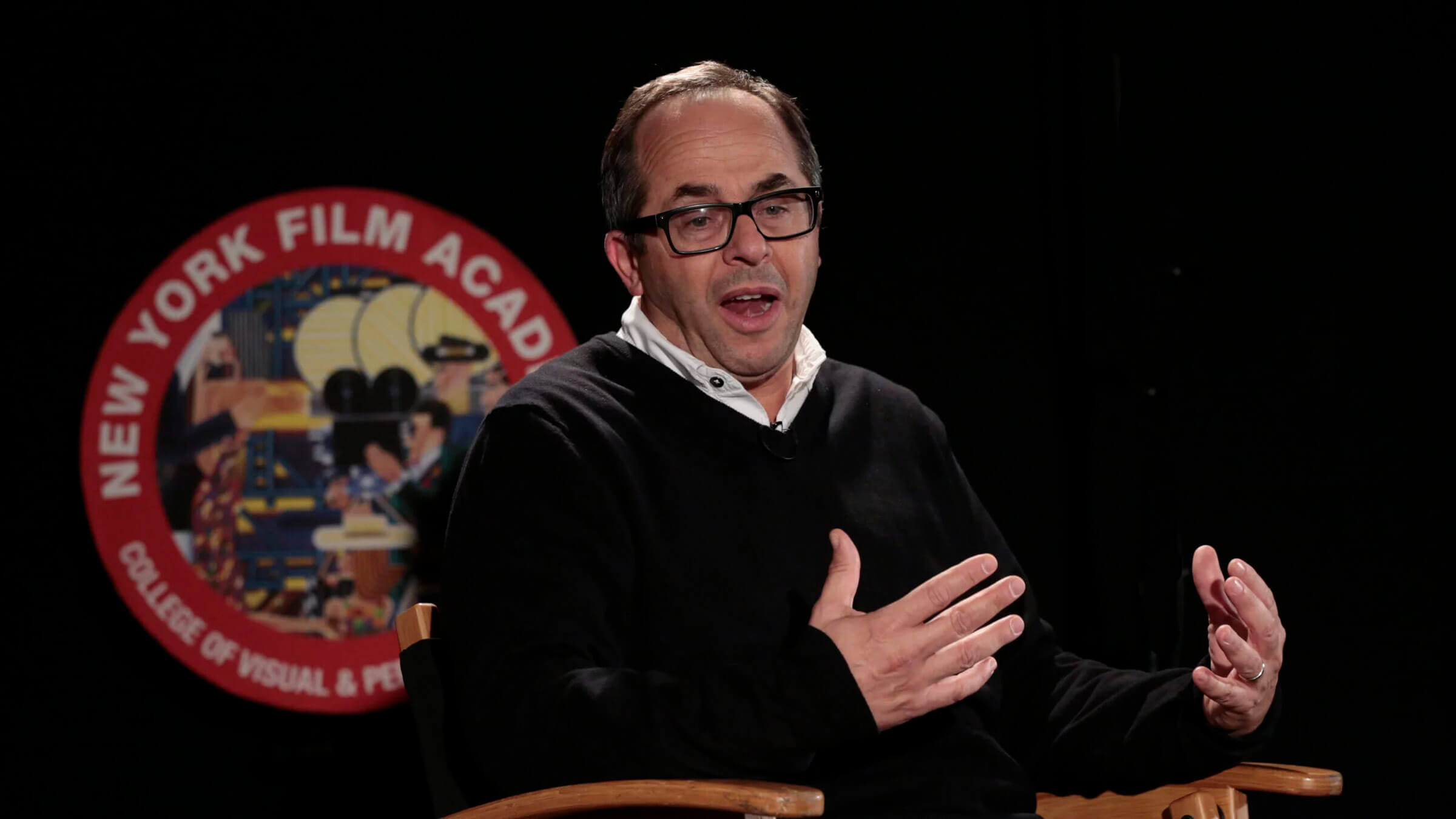
You finally finished that screenplay – you deserve a big congrats! But before you get started on that rewrite, you’ll probably want to get some feedback on the draft to get a sense of what parts are currently working great and what parts still need work. We know getting notes on the script you poured your heart and soul into can be intimidating, sometimes even frustrating, so that’s why Coverfly’s Tom Dever sat down with Affirmative Entertainment literary manager and producer Nicholas Bogner to find out how to process those notes and how to make the most of them in your next draft.
Bogner started his career in Hollywood as a screenwriter in the 1990s, working on both studio and indie films. In addition to currently being a producer and literary manager at Affirmative Entertainment, Nicholas Bogner is now also one of the talented professionals offering Industry Direct Notes on Coverfly. He was kind enough to share some excellent tips on the process of getting notes on your script, how to make sense of them, and how to turn those suggestions into great edits that strengthen your story.
Check out our interview with Nicholas Bogner below, then continue on for some of our favorite takeaways.
Identify the Note Behind the Note
Sometimes a writer gets a note that seems to be in conflict with the story a writer is trying to tell or simply doesn’t make a lot of sense. It’s up to the writer to listen carefully to the note and then try to interpret what the note really means. If a producer has a problem with a scene and their suggested fix seems out of place, maybe the scene just needs to be cut or replaced with something else. Nicholas says:
“If you think it’s a flawed note, speak to it in a respectful manner. But maybe come back with, ‘I think this is what is bothering you so what if I did X, Y and Z?’ Typically, they’ll say, “Oh, that’s exactly what I meant!’”
Read More: Tips on Receiving Notes from Producer & Entertainment Exec Jonny Paterson
Understand You Can’t Take Every Note to Heart
If someone is kind and generous enough to read your script (sometimes read it twice as Nicholas does), they typically really want to help you through your creative process. But not all of their notes are going to be helpful. Weeding through them is a skill you need to cultivate as a savvy writer. Nicholas says:
“No matter what level you’re at, you can’t just take every note. It’s like being a diplomat…You really have to extrapolate what is best for the material. Producers look to the writers to say, ‘Hey, that’s a great note, but I can’t do it for reasons X, Y and Z. But, here’s my suggestion.’ No one’s looking for a robotic writer. You’ve created something from a blank page so the expectation is you know that world better than anybody, so you’ve got to speak to that.”

As the writer, you are the master of your story but we all have blindspots. Listen carefully to what people are telling you and see what resonates. If you get the same note from more than one person, that note deserves special consideration.
Listen to Notes Respectfully and Respond with Grace
Nicholas shares the story of working with a very talented writer who was also very quirky – and perhaps had too much ego. In a studio meeting, an executive gave the writer a note about making a change in the script and the writer said, “When you’ve hit a hole in one, why would you take another shot?” Don’t say this!
Whether the script was already perfect or not is irrelevant. A studio executive wants to be heard and also feel like they can contribute to the script development process. It’s literally their job. Not only did the writer’s callous comment effectively end the meeting, Nicholas fired the writer the next day. Nicholas says:
“If you’re on a notes call or in a notes meeting, I don’t think it’s good to necessarily say, ‘No,’ right then and there. Instead, say, ‘I need to think about it. Let me absorb it overnight.’ It takes a little bit of the tension out of the moment.”
Remember, the executive wants to be heard and feel like they are in a collaborative partnership.
Take the Notes Process Seriously
These days, studios and streamers are looking for unique stories that haven’t been told. They want to love your script – it only makes their job easier if they find a script they respond to emotionally. But sometimes, a script is just a couple notes away from getting produced so it’s in the writer’s best interest to take the notes seriously. Nicholas says:
“The emerging writer deserves their shot. When I started in the business, it felt like it was so based on nepotism or who you knew, or were related to. I feel like Coverfly gives everybody an opportunity and it’s kind of the American Idol of writers. You can be from so-and-so and not know anyone in the business, but if you have a voice, and I know that’s a big word people use a lot, you guys give people opportunities they might not otherwise have. If I can help an emerging writer help the script a little bit, or a lot, it’s incredibly gratifying for me.”
Read More: Let Writer/Producer Richard Kahan Explain the Importance of Script Notes
---
